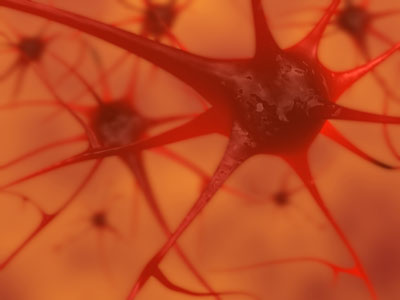New research suggests Edaravone could help stop the progression of Alzheimer’s Disease
Posted: 7 April 2015 | Victoria White
Edaravone, a drug used to treat stroke victims, could help stop the progression of Alzheimer’s Disease according to new research…


Edaravone, a drug used to treat stroke victims, could help stop the progression of Alzheimer’s Disease according to new research.
Scientists from the University of South Australia, along with colleagues from Third Military Medical University in Chongqing, China, have discovered Edaravone can alleviate the progressive cognitive deficits of Alzheimer’s Disease.
Edaravone is used to aid neurological recovery following acute brain ischemia and subsequent cerebral infarction, but is currently available only in some Asian countries.
Edaravone inhibits the Tau hyperphosphorylation which can generate tangles accumulated in the brain cells and disrupt brain functions
Lead researcher Professor Xin-Fu Zhou, who is Research Chair in Neurosciences at the University of South Australia, said Edaravone alleviated Alzheimer’s Disease pathologies at multiple levels and improved learning and memory functions in mice: “Edaravone can bind the toxic amyloid peptide which is a major factor leading to degeneration of nerve cells.”
Prof Zhou said lessons learned from failures of current clinical trials suggest that targeting multiple key pathways of the Alzheimer’s Disease pathogenesis is necessary to halt and delay the disease progression.
“Edaravone can suppress the toxic functions of amyloid beta to nerve cells – it is a free radical scavenger which suppresses oxidative stress that is a main cause of brain degeneration,” he said.
“The drug can suppress the production of amyloid beta by inhibiting the amyloid beta production enzyme. It also inhibits the Tau hyperphosphorylation which can generate tangles accumulated in the brain cells and disrupt brain functions.”
Prof Zhou said that the drug was the best hope of attacking the debilitating disease through multiple signal pathways.
The research is a collaboration between Prof Zhou’s lab within the University of South Australia’s Sansom Institute for Health Research and School of Pharmacy and Medical Sciences, and labs led by Prof Yanjiang Wang in Chongqing, China.
The discovery was published today in the Proceedings of the National Academy of Sciences of the United States of America.
Related conditions
Alzheimer’s disease



